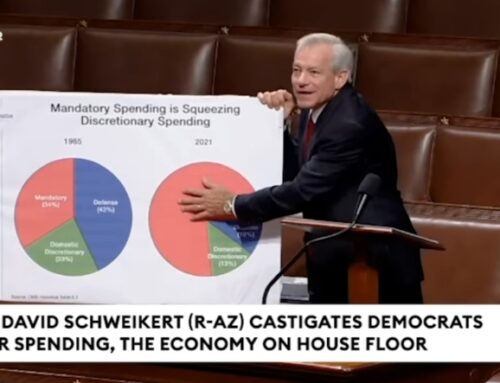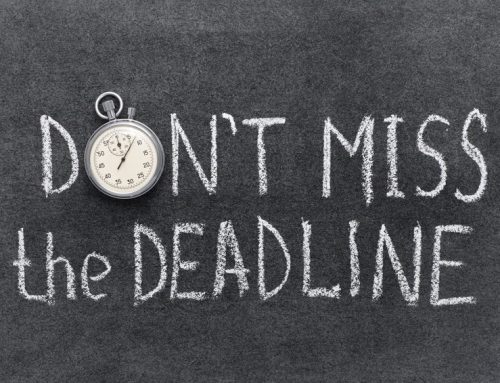On June 2nd, 3rd and 4th, respectively, I reported a growing chorus of financial pundits were going on record and warning of a coming sovereign debt crisis.
Most of you are aware of the G-20 meeting that is closing in Toronto tonight. The G-20 members are a self-appointed group of governments and various government agency, finance and Treasury officials, who collaborate on managing the world’s economy. Their success is self evident, speaks for itself, and is really really obvious to everyone. Some of us older folks can remember when it was the G-5, but more is better, right? In light of the need to protect the incredibly valuable managerial brainpower assembled in Toronto, without which the world would certainly grind to a halt in nanoseconds, security was tight in Toronto; reportedly, $1 Billion was spent on security. Wow, these guys really must be important!
Word is that Obama wanted everyone to stimulate everybody’s economies with spend! spend! spend! and that Angela Merkel of Germany wanted to cut! cut! cut! A rift of sorts seemed to arise where Europe indicated that it didn’t wish to participate in Washington’s profligacy.
Literally on the tail end of the fiasco in Toronto, Ambrose Evans Pritchard publishes this piece in the UK’s Telegraph on Sunday, 27 June:
-
A recent paper by the San Francisco Fed argues that interest rates should now be minus 5pc under the bank’s “rule of thumb” measure of capacity use and unemployment. The rate is currently minus 2pc when QE is factored in. You could conclude, very crudely, that the Fed must therefore buy another $2 trillion of bonds, and even more if Europe’s EMU debacle goes from bad to worse. I suspect that this hints at the Bernanke view, but it is anathema to hardliners at the Kansas, Richmond, Philadephia, and Dallas Feds. [Lacker, a hardliner? Lollercoaster!]
-
Societe Generale’s uber-bear Albert Edwards said the Fed and other central banks will be forced to print more money whatever they now say, given the “stinking fiscal mess” across the developed world. “The response to the coming deflationary maelstrom will be additional money printing that will make the recent QE seem insignificant,” he said.
That’s pretty clear, isn’t it? But wait, there’s more!
-
Andrew Roberts, credit chief at RBS, is advising clients to read the Bernanke text very closely because the Fed is soon going to have to the pull the lever on “monster” quantitative easing (QE)”.
-
“We cannot stress enough how strongly we believe that a cliff-edge may be around the corner, for the global banking system (particularly in Europe) and for the global economy. Think the unthinkable,” he said in a note to investors.
I’ve been thinking it for awhile already, my friend.





